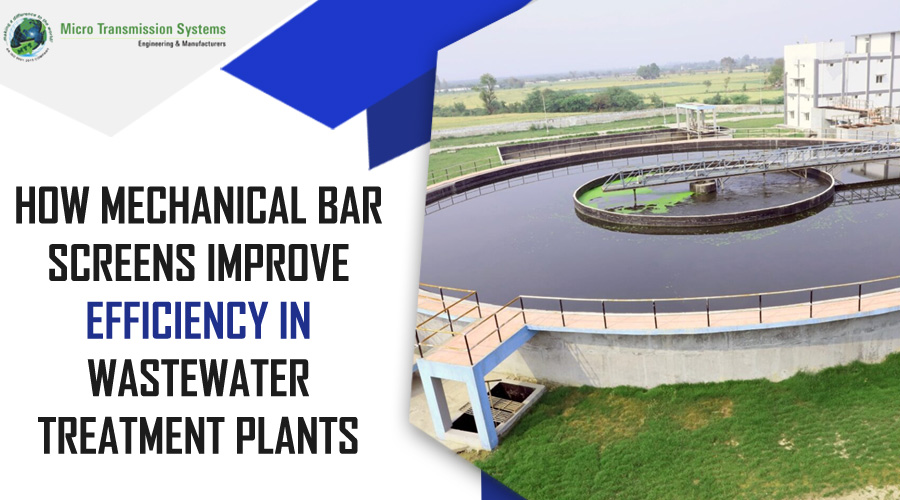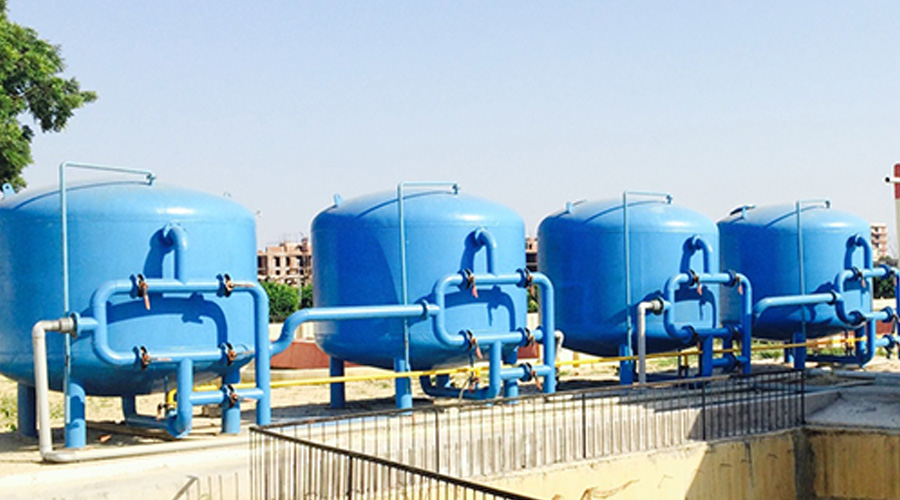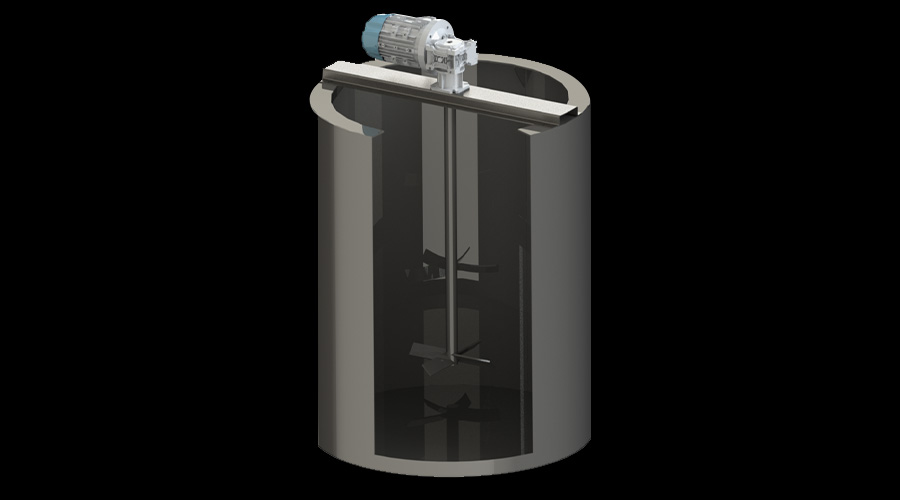The waste water treatment plants facilities are essential for protection and preservation of the environment by treating sewage and industrial discharge. One of the crucial components in these installations are bar screens, which are intended for removing large solid and waste from the feed water.
Mechanical bar screens in India has eventually evolved to be one of the most effective options available for improving efficiency at water treatment plant. Here’s what they do to help performance.
Effective Removal of Large Solids
Mechanical bar screens mechanically designed for the removal of large entrained material from raw waste waters. When water flows through, large items (plural plastic/s) e.g. plastics, rags, sticks and trash are caught.
As a result this prevents clogging and damage to downstream equipment such as pumps, etc. By successfully eliminating these substances at an early stage, mechanical bar screens ensure continuous plant operation.
Continuous and Automated Operation
In contrast to manual screens, mechanical bar screens offer continuous and automatic cleaning. This wastewater screening equipment are fitted with raking devices or brushes that remove trapped debris and carry it to a disposal point. This mechanization mitigates the amount of manual handling required and lowers labour costs as well as lessens risk of operator exposure to toxic waste.
Improved Flow Management
With mechanical bar screens, the passage of raw wastewater through the plant is facilitated without blockages. They have constant flow rates, thus the downstream components such as sedimentation tanks or biological reactors are operated under hydraulic optimal conditions. This stability provides greater overall treatment efficacy and avoids costly stops and maintenance.
Durability and Low Maintenance
Made of strong compound materials, for example, stainless steel, mechanical bar screens in India are highly durable to resist against corrosion and abrasion. They are all maintenance free, which means less down time and lower operating costs. Plants can use time between tuning to concentrate on core treatment operations Improved outlet quality.
Environmental and Cost Benefits
Mechanical bar screens are utilised to improve the removal of screenings at an early stage of the wastewater treatment process, which in turn minimises solid waste along with disposal requirements. Effective screening also helps to improve the quality of effluent, compliance with environmental regulations and public health.
Conclusion
Mechanical bar screens are necessary for improving the efficiency and dependability of wastewater treatment facilities. Their automatic, high-capacity sifting of large solids mitigates operational problems, cuts down on man hours and ensures smoother processing of wastewater—making them a must-have in today’s sanitation systems.
To know about that, contact Micro Transmission System. They are a mechanical bar screen manufacturer in India. They are also among the best STP inlet screening system manufacturers.



